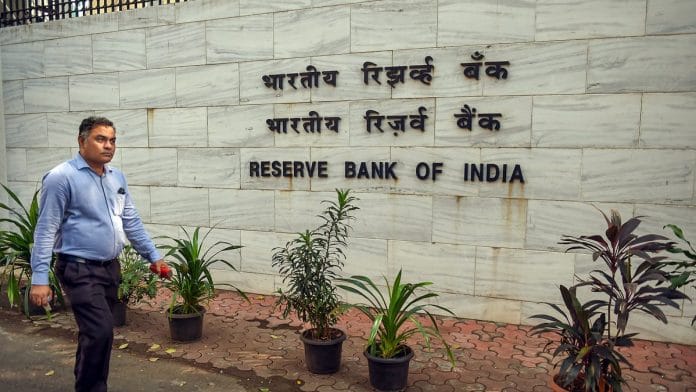Corporate chicanery appears in multiple forms and with unfailing regularity: think Enron Corp. or Wirecard AG. What bedevils capitalism in India is the propensity of some investors to cheat all other stakeholders.
In good times, “promoters” — as controlling shareholders are known in local law — puff up project costs and award contracts to related parties, draining profits away from the company. The extraordinary effort that entrepreneurs put in to beat the country’s legendary red tape provides, at least in some minds, a justification for helping themselves to an outsize share of the spoils. A highly opaque system of election financing gives politicians a stake in perpetuating the status quo.
In bad times, promoters leave creditors with hardly any value to extract from failed businesses. The biggest victim is a state-dominated banking system that recoups very little from insolvent companies. To give government-backed lenders visibility on whether their funds are being siphoned off, the central bank recently took a drastic step. Any company with 500 million rupees ($6.7 million) or more in debt will have to open a dedicated account at a bank exposed to at least 10% of its borrowings to pay creditors. Only the lender operating this escrow account can handle the firm’s day-to-day banking business. Since public-sector banks do the bulk of corporate lending, they stand to gain current accounts.
Existing banking relationships will need to be consolidated within three months. This is bound to upset the likes of Citigroup Inc., HSBC Holdings Plc and Standard Chartered Plc. These global-local, or “glocal,” banks have been beefing up their cash management platforms — and integrating them with their customers’ computer systems. The more they help businesses save money across cross-border supply chains and earn smart returns on idle balances, the bigger the current-account pile that gravitates toward them.
Citigroup alone has $900 billion-plus of such deposits worldwide. This is free funding, which takes banks years of investments in technology and customer relationships to acquire. To be asked to cede this advantage in an important market is unfair. Take Citi again. With the exception of State Bank of India, the biggest Indian lender, no government-controlled institution enjoys a deeper penetration when it comes to acting as the lead cash management bank for India’s largest companies.
The U.S. bank isn’t alone. The U.K.’s StanChart is also competitive in signing up top companies. HSBC and Singapore’s DBS Group Holdings Ltd. are the other two foreign banks with significant cash management businesses.
“The dislocation over the next few months can be unsettling for both the glocal banks and their cash-management customers,” says Gaurav Arora, Greenwich Associates’ head of Asia-Pacific.
If the Reserve Bank of India’s move smacks of being an act of desperation, that’s because it probably is. India’s labor-surplus economy can’t afford to keep hemorrhaging precious financial capital to promoters’ private-bank accounts in Singapore or Switzerland. And yet such is the political power of large debtors that every legal tool given to creditors has tended to become blunt over time. The 2016 bankruptcy act, the latest and most promising in the series, saw recovery rates of just 12% in the December quarter. Worse still, after the coronavirus outbreak, insolvency courts have been shut for a year to new cases.
The pandemic has also brought back loan restructuring, where banks can extend repayment tenures and pretend that accounts are standard and don’t need additional provisions. This, as Fitch Ratings notes, is a reprisal of India’s strategy between 2010 and 2016. Back then, extend-and-pretend exacerbated what would eventually become a $200 billion-plus stressed asset problem.
The big idea behind the current-account regulation seems to be this: If taxpayer-funded banks can’t hope to recover much from dead companies, they should at least be able to monitor how living ones use their money. However, just because bankers can see more transactions doesn’t mean they will. Punjab National Bank lost nearly $2 billion in a scandal involving an uncle-nephew jeweler duo by running up international liabilities over the Swift messaging network — and not reconciling them with its core banking software. The scam went on for seven years. Since then, PNB claims to have been swindled three more times.
India’s banks need long-pending governance reforms. To thwart bad behavior, the RBI needs more muscular supervision. Hijacking customers of Citi or StanChart and redistributing them among those who don’t necessarily have the best expertise is socialist overkill. It will also prove useless. Errant company bosses will be one step ahead, as they’ve always been. -Bloomberg
Also read: RBI to transfer Rs 57,128 crore surplus, but govt’s fiscal woes unlikely to ease







You can’t have the cake and eat it too!
Not only big but even small borrowers are also approached for current account by so called tech savvy new gen banks despite knowing fully well that these borrowers enjoy CC/OD from govt banks with no collateral security. Hence RBI did the right thing to avoid siphoning of funds